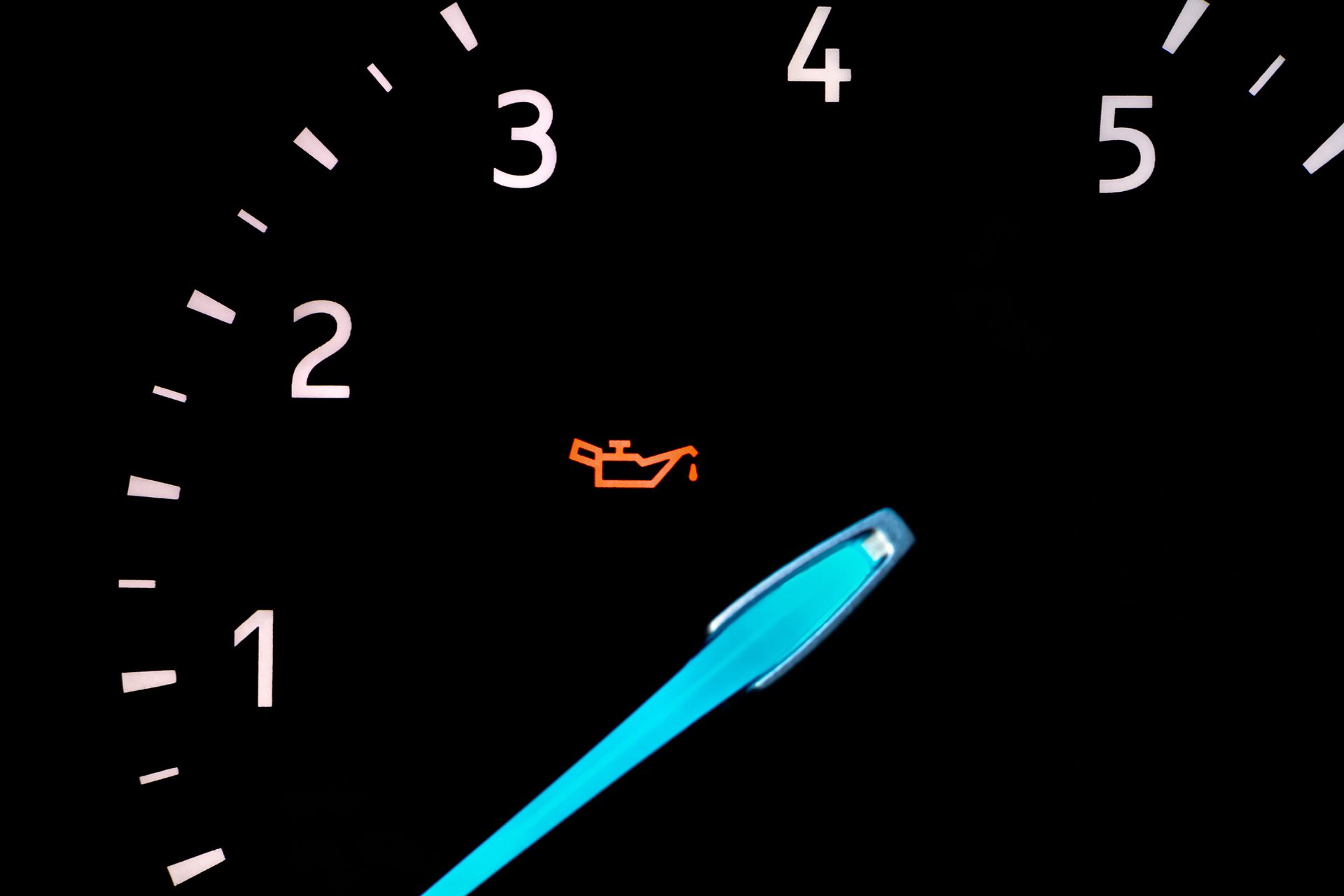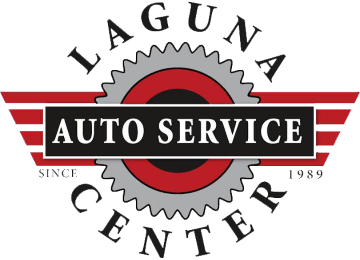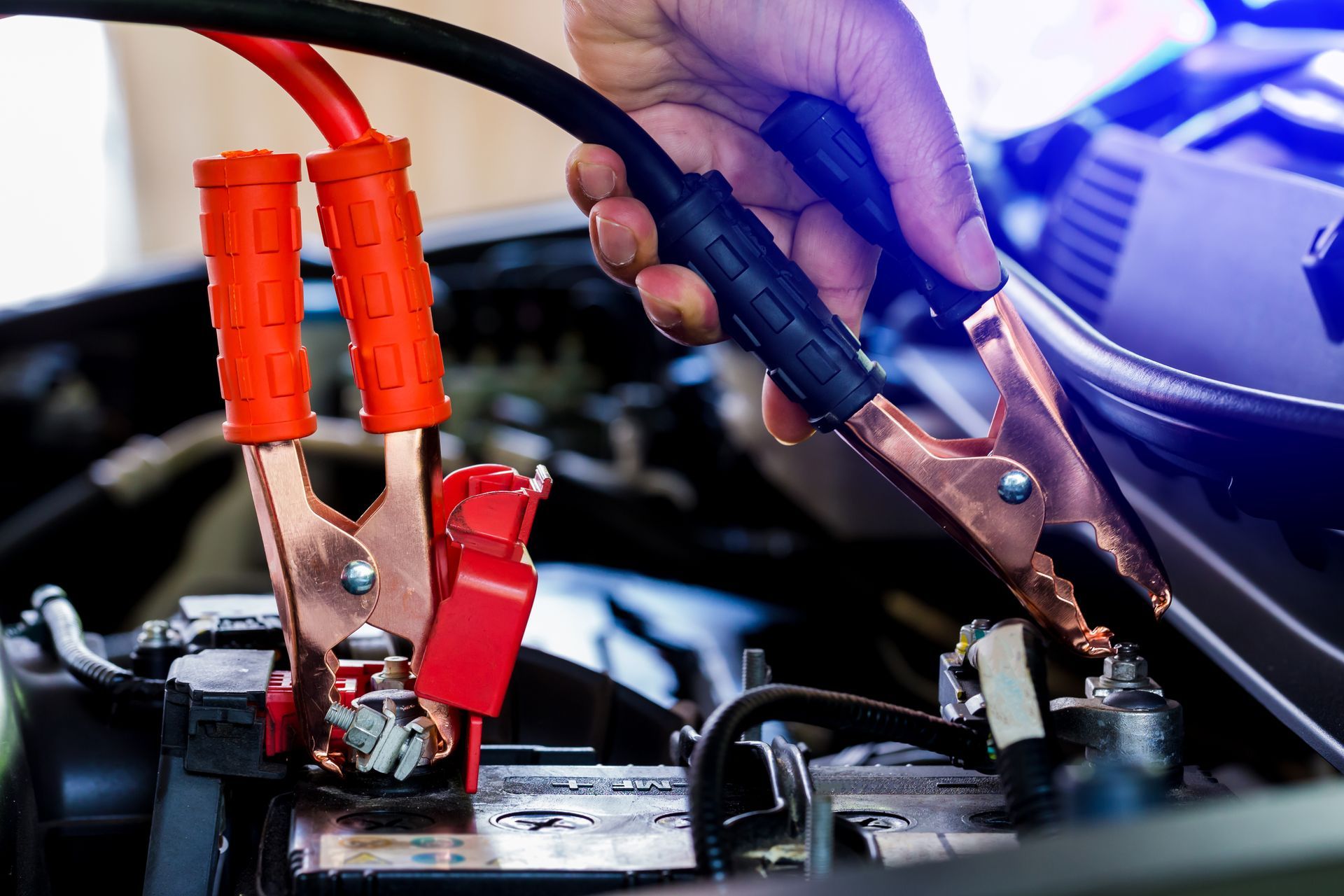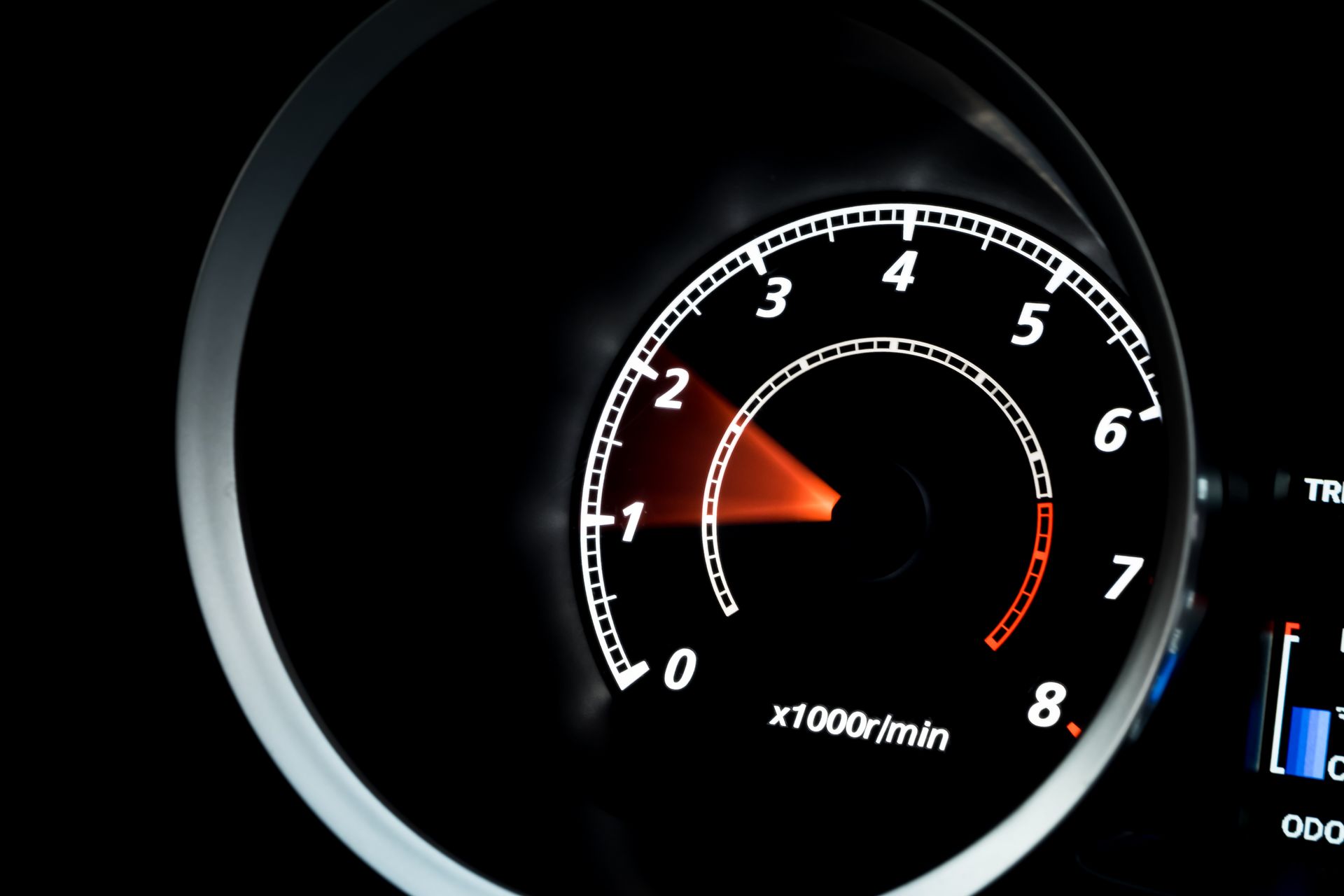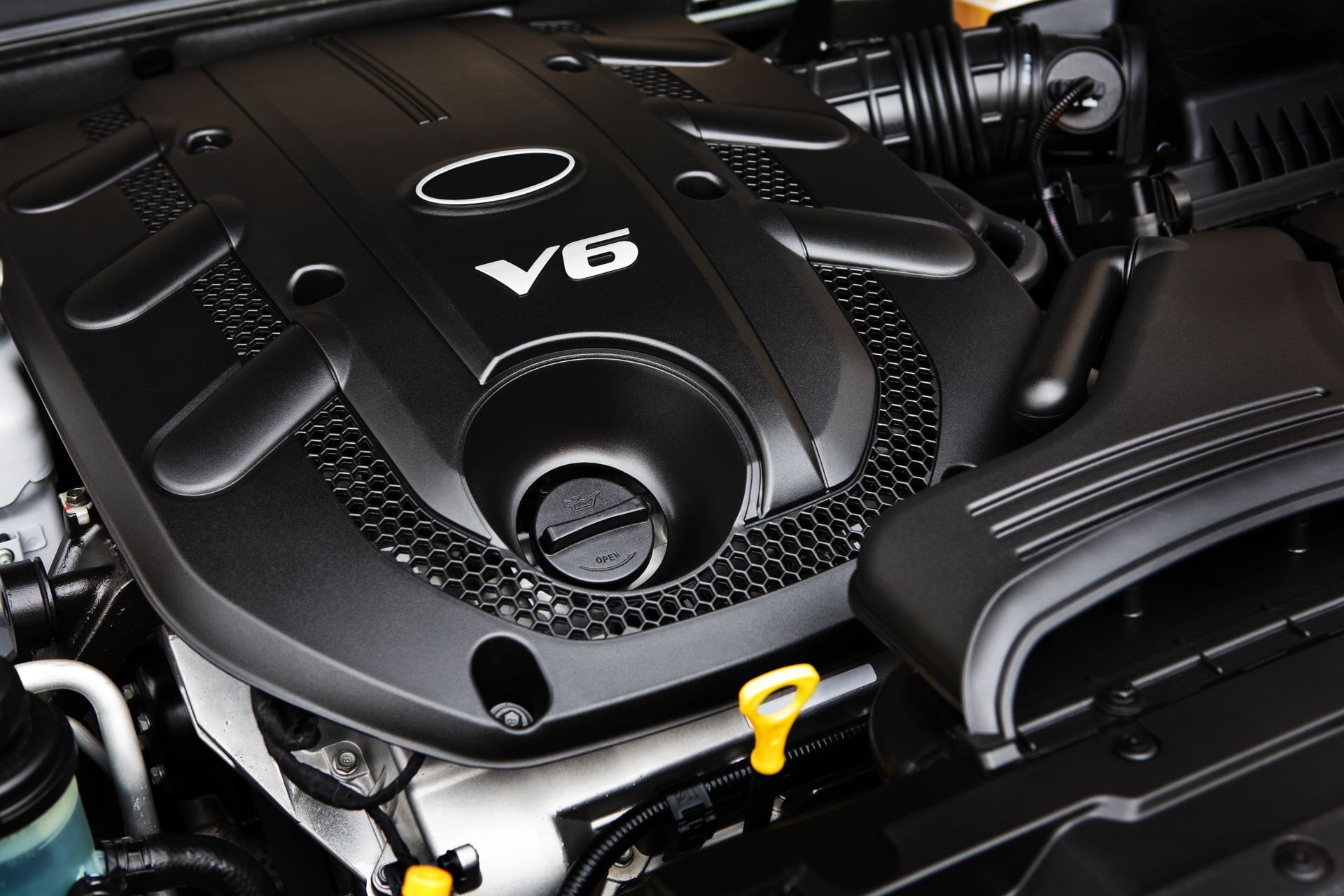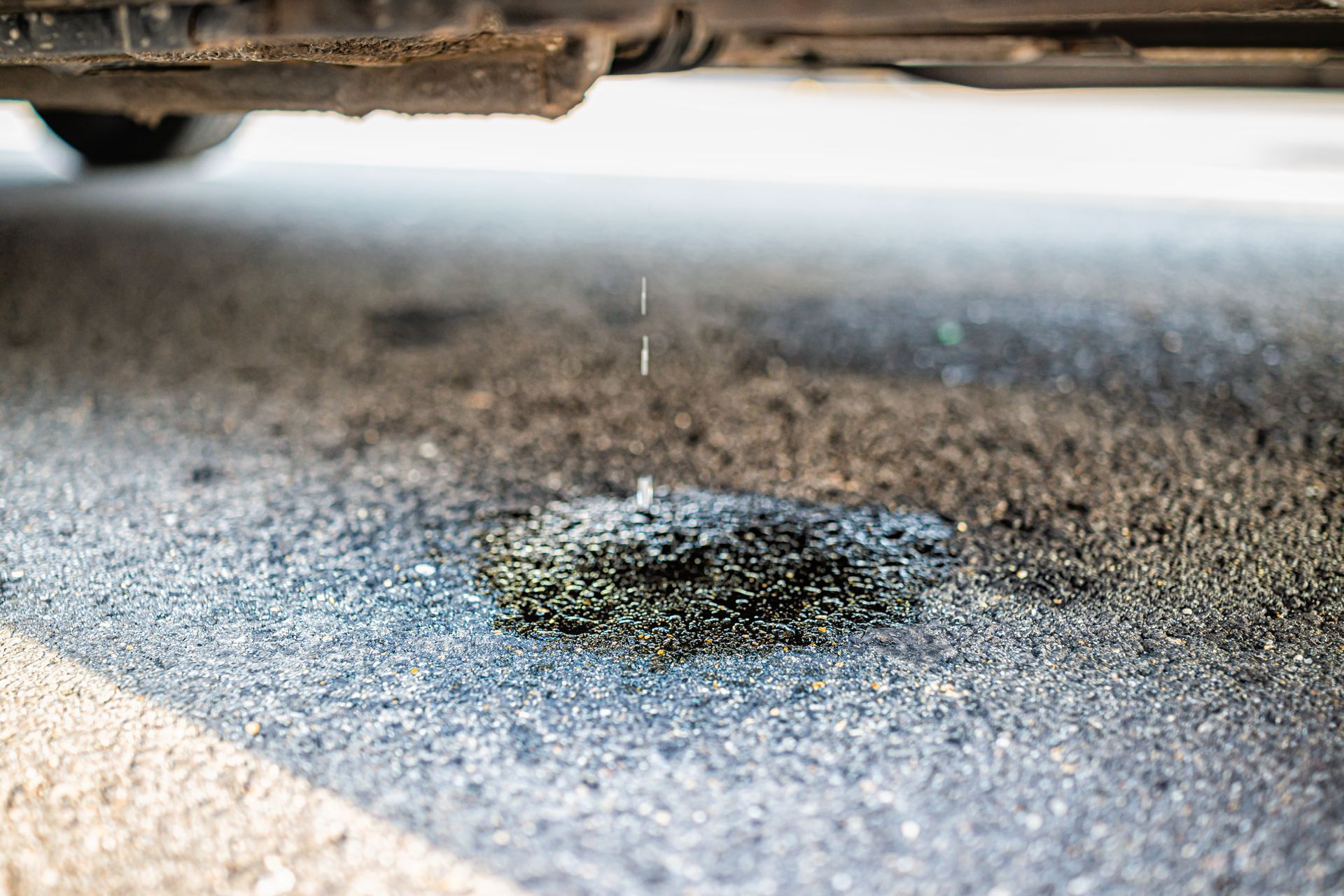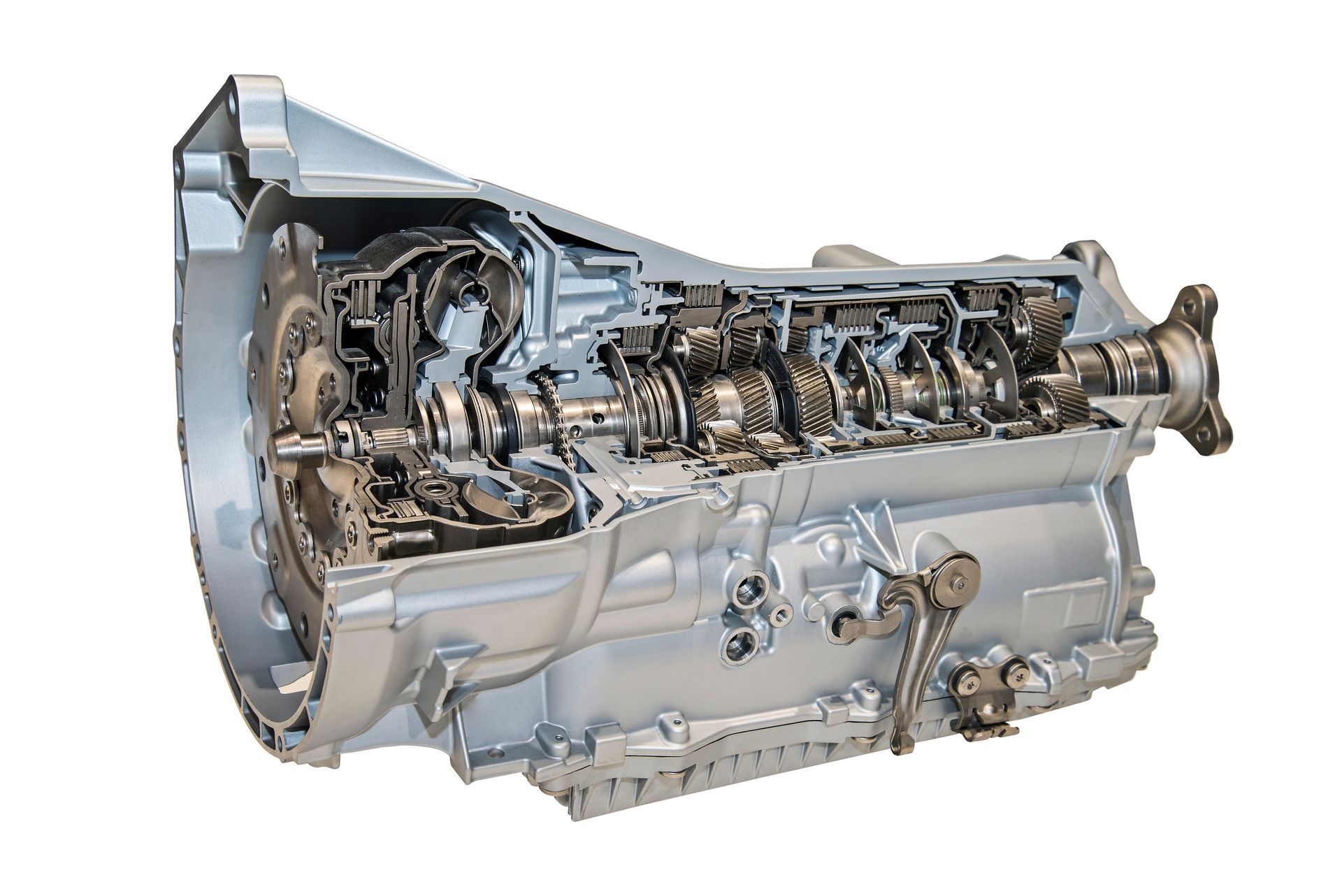There’s nothing more frustrating than turning on your car’s air conditioner on a hot day and feeling barely cool air coming through the vents. If your A/C system isn’t cooling like it used to, it’s not just a comfort issue but is often a warning sign of a larger problem.
During the summer months, your air conditioning system works harder than ever. Without proper maintenance, wear and tear can reduce its efficiency, making those beach drives or traffic jams in the heat downright unbearable. Addressing cooling issues early helps ensure your system works when you need it most.
Why Isn’t My A/C Blowing Cold Air
There are several possible reasons for an underperforming A/C system. Common causes include:
Low Refrigerant Levels
This is one of the most frequent causes of warm air. Refrigerant (R-134a or R-1234yf) absorbs heat from your car’s interior and releases it outside. If the system is low due to a slow leak or old age, it can’t cool effectively.
Worn-Out Compressor
The compressor is the heart of your A/C system. It pumps refrigerant through the system and maintains the right pressure levels. A failing compressor may result in reduced cooling, strange noises, or no cold air at all.
Clogged Cabin Air Filter
A dirty filter restricts airflow into the cabin, making it feel like your A/C isn’t working. Replacing the filter can dramatically improve airflow and cooling performance.
Electrical or Sensor Issues
Modern A/C systems rely on a network of sensors and electronic controls. A faulty pressure sensor, cooling fan, or blend door actuator can interfere with proper operation.
Condenser or Evaporator Problems
The condenser releases heat from the refrigerant, while the evaporator cools the air entering the cabin. Damage or blockages in either component can reduce cooling efficiency.
When to Get Your A/C Inspected
If you notice any of these issues, it’s time to have your system inspected:
- A/C only cools while driving but warms up at idle
- Weak airflow from the vents
- Unusual smells or noises when the A/C is on
- Foggy or humid air inside the cabin
- System blows warm air despite setting it to cold
Even if the system still works, getting it checked before summer peaks can prevent larger failures when demand on the system is highest.
Preventative Maintenance Goes a Long Way
Annual A/C system checks help keep everything in working order. During a checkup, technicians can test refrigerant levels, inspect belts and hoses, and look for leaks or early signs of wear and tear. Catching issues early can save you money and prevent downtime.
It’s also a good idea to run your A/C periodically during the cooler months to keep seals lubricated and prevent moisture buildup in the system.
Don’t Wait Until the Heat Wave Hits
Once the summer heat arrives, A/C shops fill up fast. Waiting until your system completely fails means longer wait times and potential discomfort. Getting ahead of the issue ensures your system is ready when temperatures soar.
Stay Cool With Help From Laguna Auto Service Center in Laguna Beach, CA
If your car’s A/C isn’t keeping up with the heat, don’t suffer through the discomfort. Our technicians can perform a full A/C system inspection, recharge the refrigerant, and address any issues to get you back to comfortable driving.
Call
Laguna Auto Service Center in Laguna Beach, CA, today to schedule your A/C service and stay cool all summer long.
